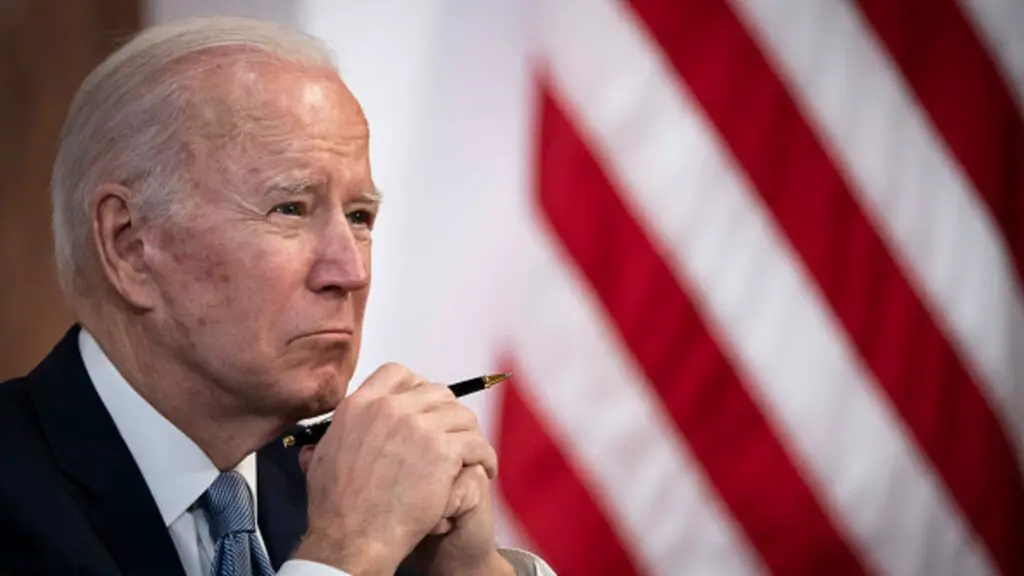
As a conservative opinion writer, I cannot help but feel compelled to comment on the recent controversy surrounding President Biden’s tweet of a handwritten letter allegedly from a young girl named “Charlotte.”
The letter, riddled with errors, implores him to address the gender wage gap. While the authenticity of this letter remains in question, it has managed to spark a renewed debate on the gender wage gap and the tactics employed to further political agendas.
The skepticism surrounding the letter’s authenticity is not unwarranted. The numerous errors and simplistic content make it difficult to believe that such a letter could genuinely reach the President’s desk.
Critics have pointed out the possibility of it being fabricated by Biden’s staff, while others have questioned the handwriting and even compared it to Jill Biden’s doctoral dissertation.
However, what is most striking about this situation is the way it has reignited the debate on the gender wage gap. Critics have seized the opportunity to challenge the very notion of a wage gap. They argue that factors such as job choice, work hours, and job danger account for any perceived wage disparity.
While it is essential to acknowledge these factors, it is equally crucial to recognize that systemic issues and biases may still contribute to the problem.
As conservatives, we pride ourselves on our commitment to facts and data. We must approach the gender wage gap issue with the same diligence. It is crucial to question the authenticity of the letter and examine the facts surrounding the gender wage gap.
By scrutinizing the letter and engaging in meaningful dialogue, we ensure that our focus remains on factual data and thoughtful discussion rather than partisan-driven narratives. We must continue to challenge misleading information to foster a well-informed electorate.
In a world where misinformation and questionable tactics are all too common, this letter serves as a reminder of the importance of critical thinking and discernment.
Regardless of whether “Charlotte” is real or a fabrication, we must not allow such controversies to distract us from seeking the truth and addressing legitimate concerns.
As the debate rages on, it remains to be seen whether this letter will serve as a catalyst for meaningful change or merely as another flashpoint in the ongoing partisan divide.
What is clear, however, is that as conservatives, we must continue to hold ourselves and others to the highest standards of honesty, integrity, and intellectual rigor in addressing the issues that affect our nation’s future.
